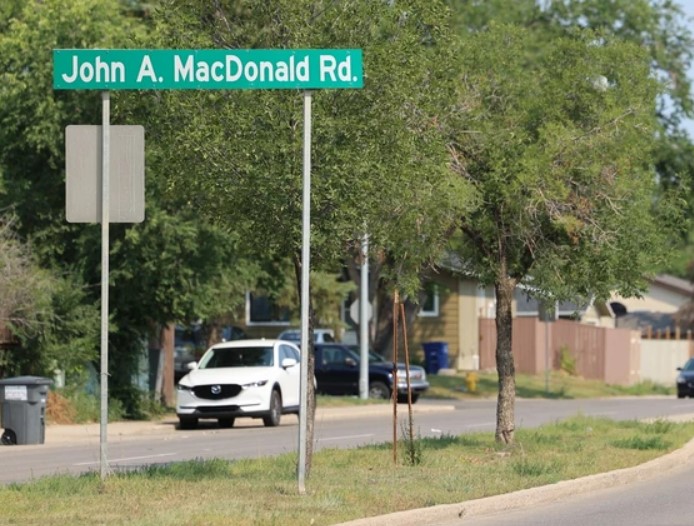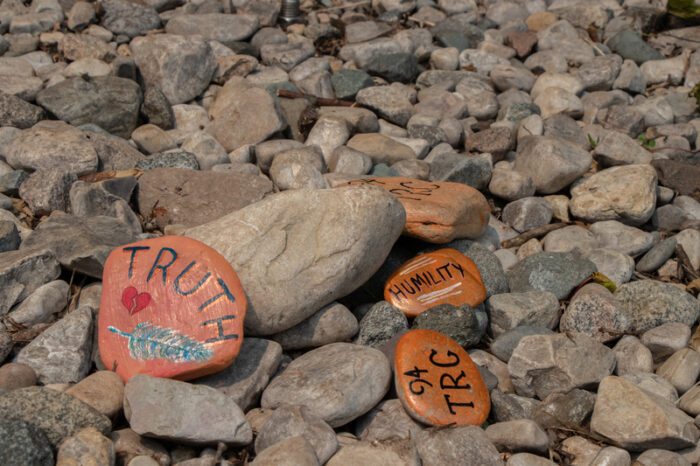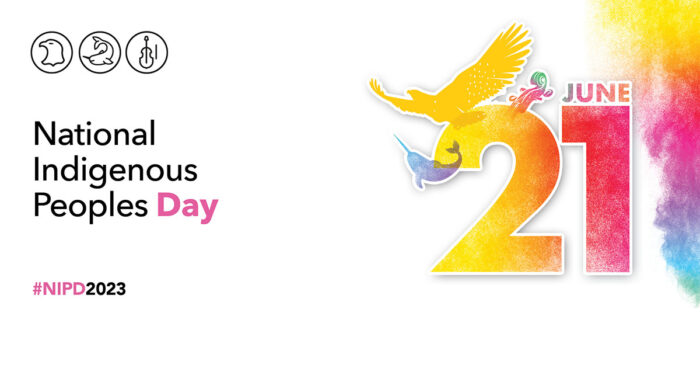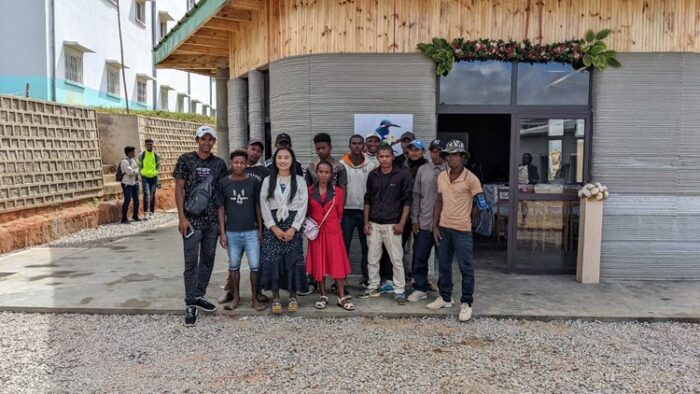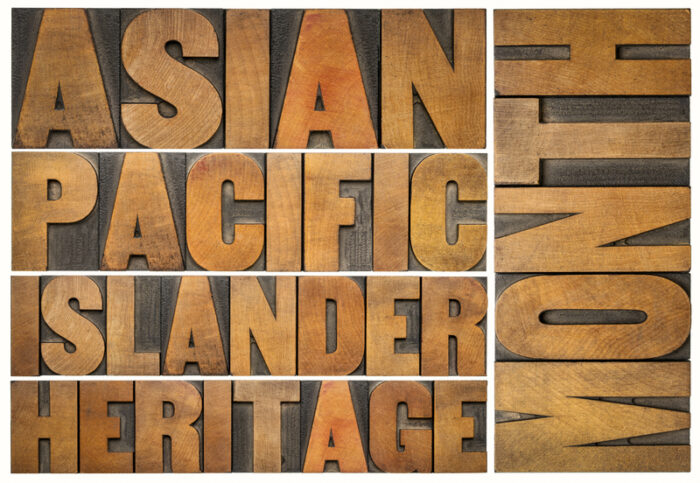This week, the Earth reached a remarkable new milestone.
There are now 8 billion people living on the planet.
Of course, these are all estimates, or educated guesses. Imagine you were the person in charge of counting all of those people! (7,999,992 ... 7,999,99, uh ... 4? ... 7,999— wait. Where was I? Oh NO. I have to start again?!? SIGH. 1 ... 2 ... )
But based on computer models, the United Nations has chosen this week (November 15th, to be more precise) as the official moment that we have hit 8 billion as a species. And whether we're at that exact number or not, it's safe to say that we're really close.
It's a pretty mindboggling landmark. And how it happened is a complicated story. Let's try to break it down together.
Just how much has it grown?
If you're a young person today, this current world is the only one you've ever known. Maybe 8 billion seems like a lot? Maybe not? So let's start with some understanding of how far these numbers have grown. And how quickly. This chart can help.
(WorldInData.org)
The chart above shows how the estimated world's population has grown since the year 10,000 BC, which was about 12,000 years ago. (The orange, or top line, is the world's population.)
10,000 BC was chosen as the start because this is when some of the first agricultural societies began—this meant that people stayed in one place to farm and built the first cities. At this time, the world's entire population was about four million. That's less than half the population of New York City.
As you can see, for the first 11,000 years or so, the population remains relatively low. Even by the time of the Roman Empire (just past the year 0), the world had less than 200 million people in it.
We hit 1 billion, then 2 ...
Even in 1900, New York City was known for being densely populated. It remains one of North America's largest cities. (Getty Embed)
Around 1810, the world finally hit 1 billion people for the first time. We hit 2 billion in 1928, meaning we added another billion in a little over 100 years. And after that, the billions came fast and furious.
Have a look at the dates of the next billions, and the time it took each new one to arrive.
- 3 billion: 1960, 42 years
- 4 billion: 1975, 15 years
- 5 billion: 1987, 12 years
- 6 billion: 1999, 12 years
- 7 billion: 2011, 12 years
- 8 billion: 2022, 11 years
That means that while it took many thousands of years to hit the first billion, by the time we hit 4 billion, the world was steadily gaining another billion almost every decade! It also means that the world's entire population has about doubled in your parents' lifetime.
In other words, yes: 8 billion IS a lot!
Why it grew when it did
Since the 1950s, the invention and improvement of the polio vaccine has nearly eliminated a disease that once killed hundreds of thousands of people per year. (Getty Embed)
So, let's ask a pair of seemingly opposite questions? Why did it take so long to reach 1 billion? And then, how did later billions happen so quickly?
Over the first 11,000 years of that chart, many things slowed down the growth of humanity. Wars. Droughts. Disease.
All of these factors meant that it was incredibly difficult for the human population to grow quickly. So what changed?
During the 1800s and through the 1900s, huge advances all began arriving at once.
Industrialization—making products in huge factories—brought jobs and inexpensive goods to more people. It even changed farming, so that more food could be grown at once. This meant that more people could afford better homes, healthier diets, and support larger families.
Also, advances in medicine—especially vaccines against deadly diseases like polio—were helping far more babies survive. And helping people live longer, too. By the 1900s, the things that were stopping humanity from growing, were all suddenly removed.
And humanity has been exploding ever since.
What now?
After reading this, you might be expecting that the world will hit 9 billion by the time you leave high school. But while the world's population is still growing, it is not growing quite as quickly as it once was.
In fact, the growth rates (how fast or slow numbers are increasing) in many countries with the highest populations, including China and the United States, are actually starting to shrink. Experts predict that these countries will start having less people in the future.
Why? Simply put, many people are having much smaller families. More adults are choosing not to have children at all. So while it will take a long time for the numbers to slow down (we should hit 10 billion by around 2050), they will slow down. In fact, many experts argue that the world's population will probably never reach 11 billion.
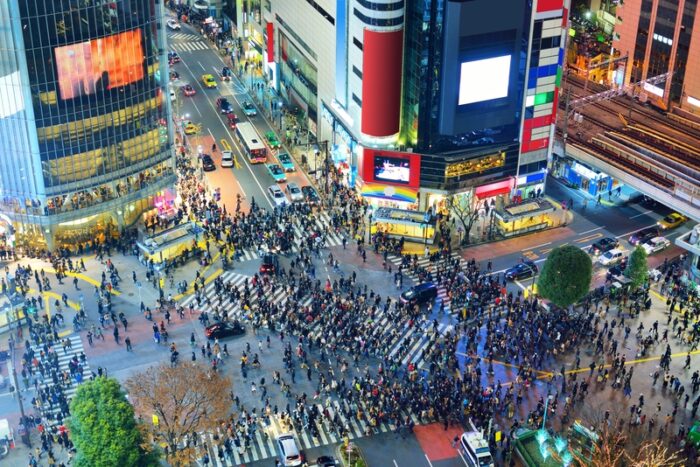 The world famous Shibuya Crossing in the world's largest city by population, Tokyo, Japan. (ID 30772350 © Sean Pavone | Dreamstime.com)
The world famous Shibuya Crossing in the world's largest city by population, Tokyo, Japan. (ID 30772350 © Sean Pavone | Dreamstime.com)

